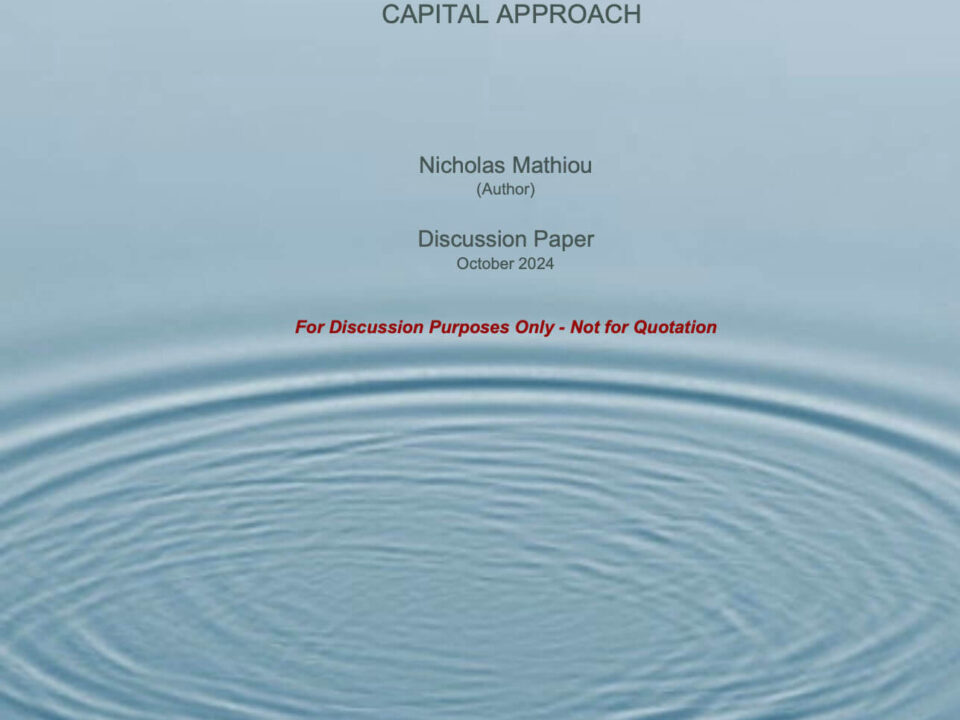Introducing The University Imperative
February 11, 2022The University Imperative – Spheres of Impact
February 11, 2022The University Imperative – North Stars

“When winds and waves a mutual contest wage,
These foaming anger, those impelling rage,
Thy blissful light can cheer the dismal gloom,
And foster hopes beyond a wat’ry doom.”
- John William Smith, ‘The Lighthouse’,
From ‘Terrors of Imagination; and Other Poems’.
Photo: Aaron Burden, Unsplash
How can universities meet the challenges they face in the dynamic environments of today?
Clearly universities need to mobilise their resources in different ways to manage and move forward with confidence.
But to what end, and in which direction? How can universities set their bearings to remain relevant to the issues of today?
Examining major trends and demographic shifts, and the associated roles that universities play therein, presents answers and opportunities. There are three ‘north stars’ which can help universities successfully navigate our changing times.
The first north star reflects the changing nature of workforces, driven by trade liberalisation, mobility of resources and advancing technologies. A considered examination of these advancements reveal both the emergence of different types of jobs and different ways people are choosing to work. There is a call for universities to provide aligned evidence-based pedagogy and experiential-based learning environments where students are immersed in the acquisition and application of existing and new knowledge to solve problems. The imparting of knowledge together with the development of the skills and attributes required to navigate the changing nature of workforces is in great demand. Universities play important roles.
The second north star recognises a staggering shift toward entrepreneurship over employment, accompanied by heightened demand for innovation and entrepreneurial skill-sets. Digital platforms, automation and the emergence of AI are facilitating scores of new organisations and new ways of delivering value. Here too is a call for universities to provide experiential-based learning environments and different pedagogies. Universities need to develop learning environments that help students and staff promote innovation and, from there, better business designs to ensure translation of innovations to broad-scale application and societal benefits. Again, the combination of knowledge and the development of the skills and attributes required for innovation and entrepreneurialism is in great demand. Universities can play integral roles.
The third north star becomes evident through an examination of the world’s challenges that are yet to be resolved – think climate, environment, water security, and social inequality (including affordability of health services).
Universities play an essential role in informing and providing the independent, evidence-based solutions that help resolve societal issues. There is a massive call to mobilise resources effectively to address unresolved global challenges.
Clearly universities exist for the betterment of society. Fundamentally and ultimately they serve the public by identifying and responding to global challenges and significant societal needs. The ambition (I argue 'obligation') of universities must be to address these challenges. The value they offer society in doing so is profound.
By steadfastly honing in on these north stars, universities maintain their importance to society. And in turn, society’s reasons to invest in universities remains compelling.
However, setting course toward the north stars alone, although necessary, is insufficient for success. Universities must also galvanise action toward the achievement of the chosen direction, and establishing a strong sense of purpose.
But what is the procedure by which such purpose is identified, agreed upon, and used to garner buy-in from all quarters of the university populace? Further on this in my next blog.
If you are interested in finding out more about the factors that dictate ‘north stars’ for universities you may wish to refer to my book, The University Imperative – Delivering Socio-economic Benefits for our World.
Do you find this interesting? Useful?
I hope so, and it’s just a taste of what you’ll glean from the book, along with powerful conceptual frameworks to build an organisation capable of delivering great socio-economic benefits.
We need universities to recognise their north stars and set steadfast bearings toward achieving great societal benefits in our much-changed world.
The moment to do so starts right now. The book will help. A lot!
Look out for my next blog. I look forward to our continued journey.
Nick & The University Imperative team.

